A dedicated non-emergency team is one of several improvements implemented by E-Comm in 2023
This week, E-Comm welcomed an additional twelve call takers to its dedicated non-emergency team. The group represents the third cohort of employees to join the newly-formed team in 2023, and is one of several initiatives introduced by E-Comm this year to improve non-emergency call-taking on behalf of our Lower Mainland police agency partners.
In a break from the traditional service-delivery model, rather than having to switch back and forth between emergency and non-emergency calls, the call takers focus exclusively on handling non-emergency calls and any resulting reports.
Improvements to non-emergency service
Having dedicated positions for non-emergency calls not only helps to relieve pressure from the 9-1-1 operators and police emergency call takers during core hours, but is also demonstrating positive impacts on service levels.
For example, the average answer speed for non-emergency calls for police agencies served by E-Comm in the Lower Mainland, reduced from over 12 minutes in 2022 to approximately 4 minutes year-to-date in 2023 (with 62% of non-emergency calls answered in under 3 minutes compared to 41% in 2022). Additional improvements include:
- A digital agent pilot project is underway with the Vancouver Police Department, which helps triage, and when appropriate, re-direct calls to alternative resources such as 3-1-1, Canadian Anti-Fraud Centre, or police online crime reporting.
- A new non-emergency contact centre technology platform is in development, launching in early 2024. This system will enable key features to improve caller experience, including call-back functionality and wait-time estimates for non-emergency reports.
- The standardization of various procedures and policies for handling non-emergency calls has helped streamline procedures for call-taking staff. E-Comm has worked with policing partners on this initiative, and is also assisting with improvements to online crime reporting options.
“While E-Comm is consistently hitting all targets for police emergency 9-1-1 calls, we know there have been ongoing challenges with service levels and wait times on police non-emergency lines, which has been a priority for us in 2023,” explains Oliver Grüter-Andrew, E-Comm’s president and CEO. “We fully recognize the importance of reporting non-emergency crimes in a timely and efficient way, and will continue to work with our valued policing partners on these improvements, building on the positive momentum we’ve seen so far this year.”
Seasonal tips from the new team
E-Comm’s non-emergency team compiled a list of some common calls they receive during the holiday season, and offer their advice on what is a non-emergency call vs. 9-1-1.
“If a crime is in progress such as someone stealing a package from a porch right in front of you – that is a call to 9-1-1,” explains E-Comm call taker Sadie. “If you notice your package is stolen after the fact, that’s when you call your local police non-emergency line, or file a report online.”
- Holiday decorations: If you notice your inflatable Grinch has gone missing from your lawn, file a police report online, or call the non-emergency line.
- Charity scams: If you are a victim of a charity scam where money has been lost, file a police non-emergency report. If no money has been lost, file a report with the Canadian Anti-Fraud Centre.
- Missing vehicles: If you return to the parking lot after last minute holiday shopping and notice your car has gone missing, please check with your local towing company before calling the non-emergency line.
- Noisy parties: Report noise complaints to your local city services during business hours. Outside of business hours, call your local non-emergency line.
- Inclement road conditions: Practice extra caution while driving in heavy rain and snow. For updates on road closures, visit drivebc.ca or call 5-1-1.
Visit nonemergency.ca for more information.
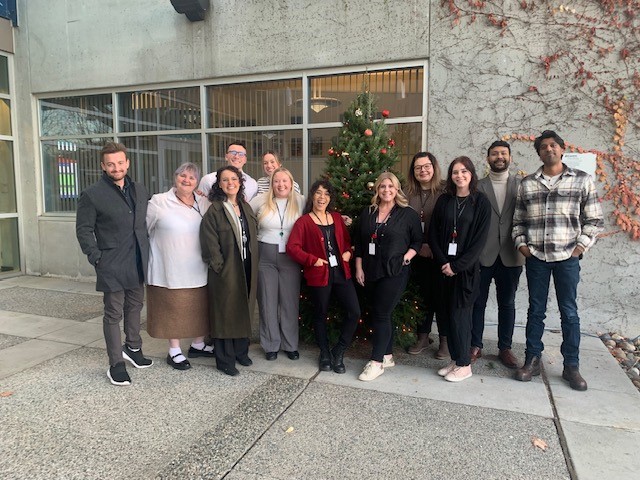 E-Comm welcomes twelve new call takers to its dedicated non-emergency team.
E-Comm welcomes twelve new call takers to its dedicated non-emergency team.
About E-Comm
E-Comm is the first point of contact for 9-1-1 callers in 25 regional districts in British Columbia and provides dispatch services for more than 70 police agencies and fire departments across the province. E‐Comm also owns and operates the largest multi‐jurisdictional, tri‐service, wide‐area radio network in the province used by police, fire and ambulance personnel throughout Metro Vancouver and parts of the Fraser Valley.
Media contact
E-Comm
604-215-6248
[email protected]
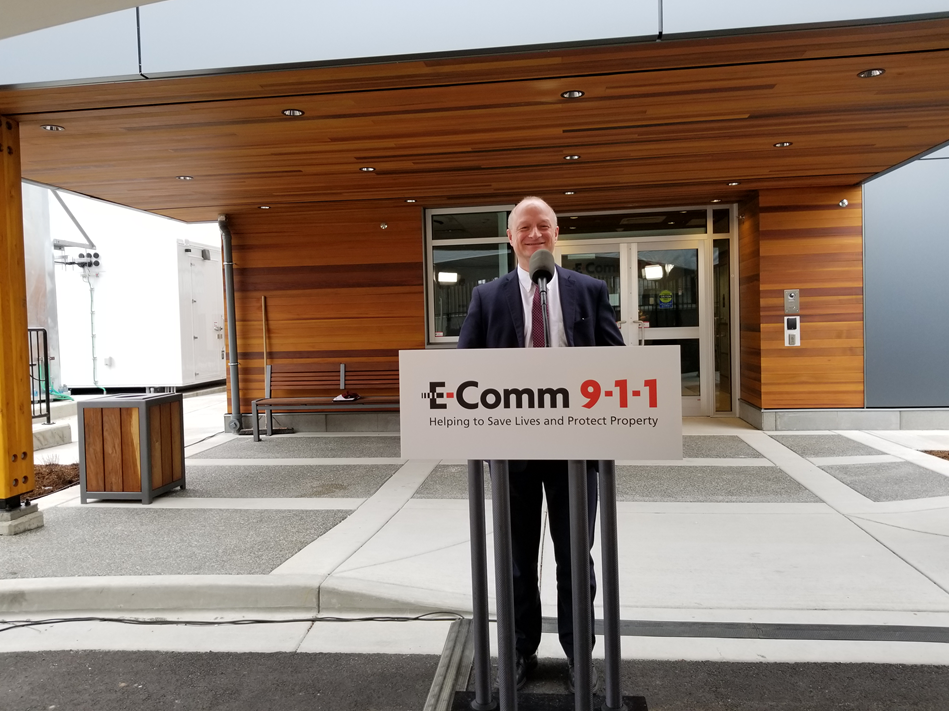
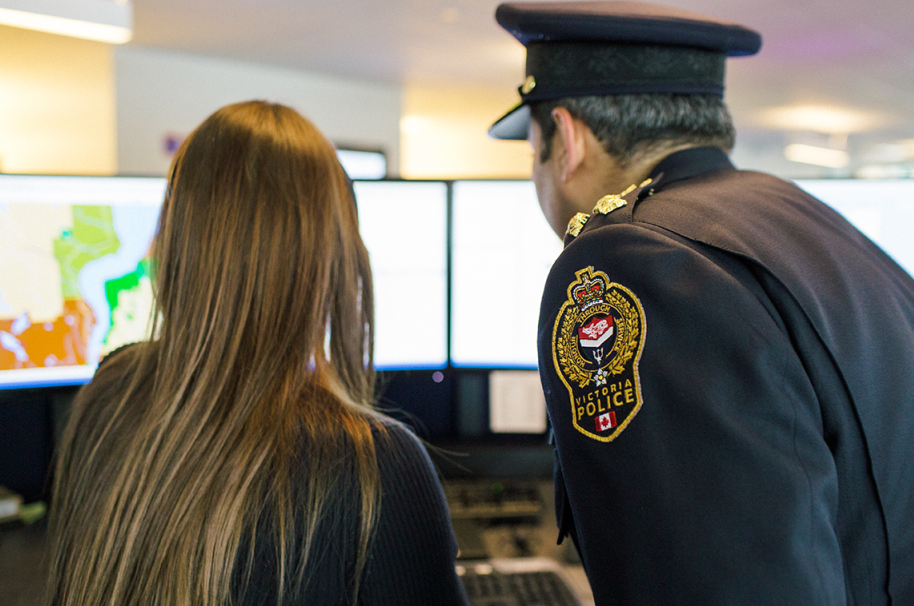


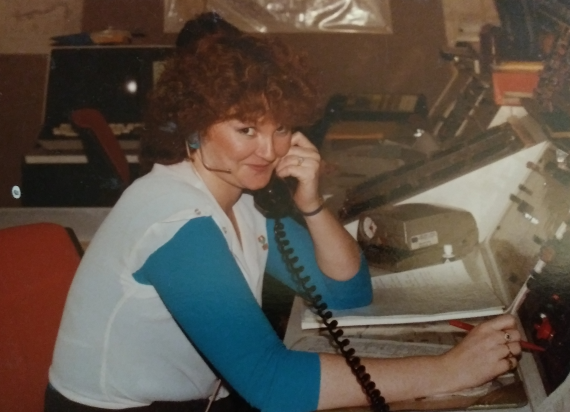
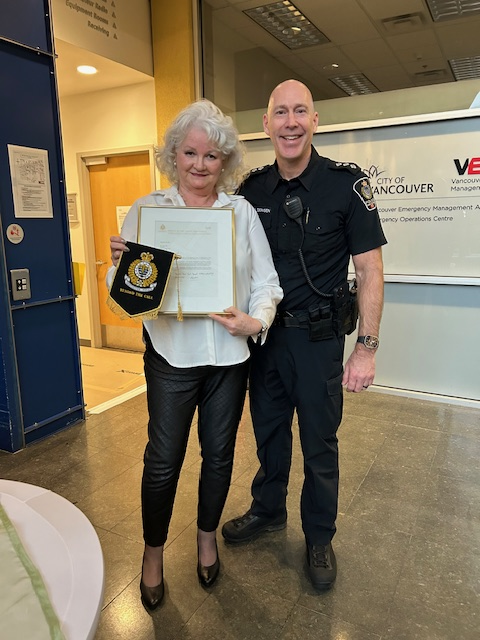
 E-Comm welcomes twelve new call takers to its dedicated non-emergency team.
E-Comm welcomes twelve new call takers to its dedicated non-emergency team.